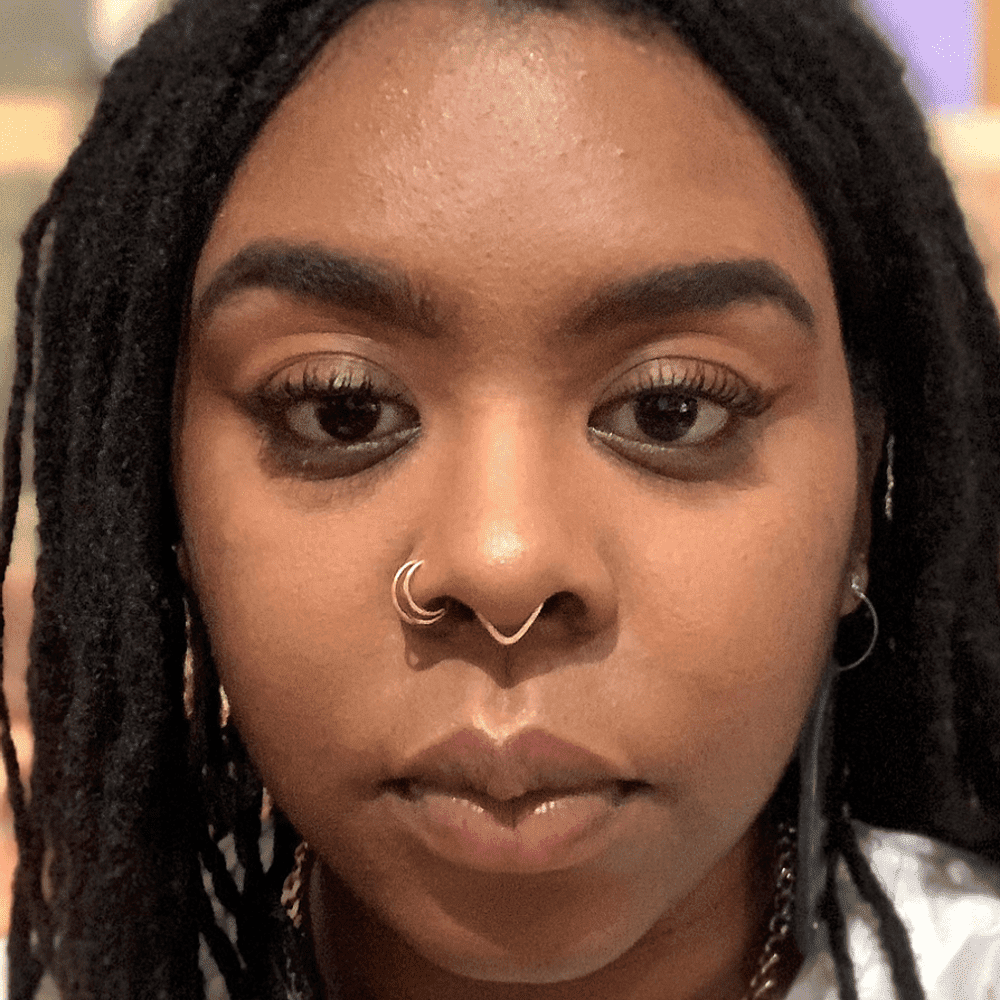3 Reasons College Students Should Read Company Diversity Statements Before Applying to a Job
Writer
Editor & Writer
Writer
Editor & Writer
- Diversity statements can help you understand a company's values around diversity and inclusion.
- Students should familiarize themselves with the diversity statement and company policies.
- During the interview process, come prepared with questions that will help fill in any knowledge gaps.
Entering the workforce often comes with a new set of challenges for students. Applying to jobs, learning how to ace an interview, and adjusting to the work environment are all things they must overcome. However, examining a workplace's diversity is often an afterthought. Failing to read up on an organization's inclusion efforts can lead to job dissatisfaction.
Before signing that offer letter, students should read a company's diversity statement. Doing so will help them understand whether or not they are entering a dream workplace and what lies ahead.
What Is a Diversity Statement?
A diversity statement — also known as a diversity and inclusion statement — is a company's public promise to promote diversity, often internally and externally. Though that may sound similar to a mission statement (which expresses an organization's overall goals), a diversity statement is created with explicit regard to the company's diversity portfolio.
According to Natalie Fell, an human resources and operations expert, "reading a diversity statement can tell you a great deal about what's important to a particular organization. It's also a great way to see if your personal values align with those of the company and if it's worth your application."
You can find this statement on a company's website (sometimes on the career or job opportunity page) and within the employee handbook. It usually includes the company's commitment to diversity via its goals to increase inclusion within the employee population and its internal initiatives to improve diversity education.
Why Are Diversity Statements Important?
Before joining a team, it is imperative that candidates know what to expect from their employers. Not only is this true for work expectations, salary and time commitments, and other parts of a job's day-to-day functions, but it's also true for diversity. Students may have certain expectations for how they interact with their coworkers, how religion plays into their workday, or how efficiently they can do their work. Familiarizing themselves with a company's diversity policy can aid them in understanding how all of these things fit into their new workplace.
Diversity Profile
Getting an idea of a company's diversity profile is crucial. Within their goals, companies often use statistics that help applicants understand the range of the company's ethnicities, genders, abilities, religions, and other demographics, alongside projected growth percentages within a few years.
Using this information, students can decide how comfortable they will be in the workplace. While making this decision, it is essential to consider how well they feel their identities are represented within the company. "Take a look at the leadership level of the company; do all executives look the same or have the exact same academic/geographic background?" asks Theresa Balsiger. "The company diversity statement is a great starting point for candidates who are assessing new opportunities."
Comprehension and Clarity
The tone of a diversity statement can help candidates better understand if a company values diversity. In a LinkedIn study, companies that had statements with more empathetic language were viewed as more sincere about their inclusion beliefs.
It is also likely that companies who understand how to better frame diversity statements may have a more comprehensive understanding of how impactful diversity is, resulting in a more empathetic tone.
Value Alignment
It benefits candidates to ensure that their values align with those of their workplace. Balancing home and work and consistently finding issues with managers, coworkers, and other facets of employment are taxing. If students must make concessions for their job, they need to make sure that the compromises they make will be sustainable in the long run.
Though it may be tempting to accept a position immediately, candidates should be sure to consider how inclusive the environment of their potential workplace is. These reasons can make or break a student's decision to accept a job offer. Therefore, don't be afraid to dig deeper during the interview process.
Here are some questions to ask recruiters and interviewers before you sign on:
-
1
How do you see diversity and inclusion integrated into the day-to-day operations of this office?
-
2
Do you feel the company has an appropriate representation of historically underrepresented identities?
-
3
What company-wide diversity initiatives has the business implemented? Do you feel that these are successful and impactful? Why or why not?
-
4
Are there employee resource groups? If there are, how can employees get involved?
-
5
Specifically for recruiters and interviewers with marginalized identities: Do you feel that your identities are supported by both fellow employees and managerial staff?
Prioritizing diversity and inclusion can benefit students as they enter the workforce and navigate the job search process. It is increasingly important for candidates to ensure they understand a company's inner workings as best as they can instead of venturing into a new career without careful consideration.
Balsiger says "by asking direct questions about not just initiatives for DEI, but actual results, you’ll be able to ensure it’s not just fancy DEI marketing, but that they actually have guidelines and plans in place to drive diversity, equity, and inclusion into their day-to-day decisions."
In doing so, students can make their lives much easier down the road. Understanding how workplaces value inclusion can help you make a decision about a job offer. Advocating for yourself and the necessity of strong diversity and inclusion policies at work is an essential skill.
With Contributions From:

Natalie Fell
Natalie Fell is an HR and operations expert with over 15 years of experience working with various industries. She currently work at Step By Step Business, a site that helps you save time, money, and stress when setting up your company. They're a team of serial entrepreneurs who have first-hand experience starting dozens of small businesses.

Theresa Balsiger
Theresa Balsiger PHR, SHRM-CP is the Vice President of Candidate Relations at Carex Consulting Group. Carex curates the best candidates for top corporate and startup companies — making it easier for both employers and job seekers to find the ideal fit.
As an expert in her field, Theresa has provided insight on industry issues, and trends via Bloomberg TV, CNBC.com, Yahoo Finance, Business Insider, among dozens of other outlets.






